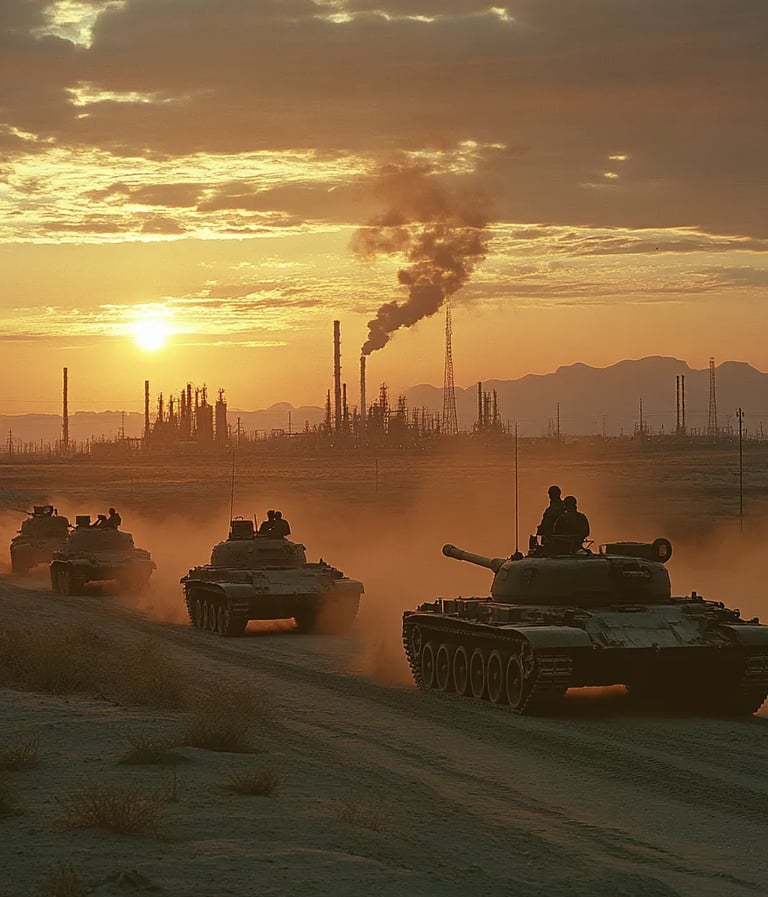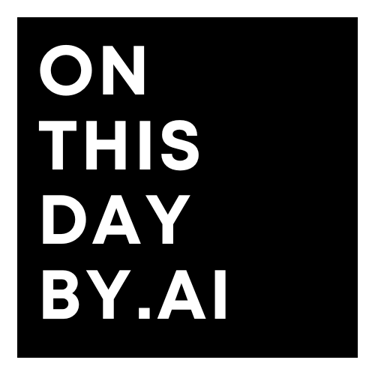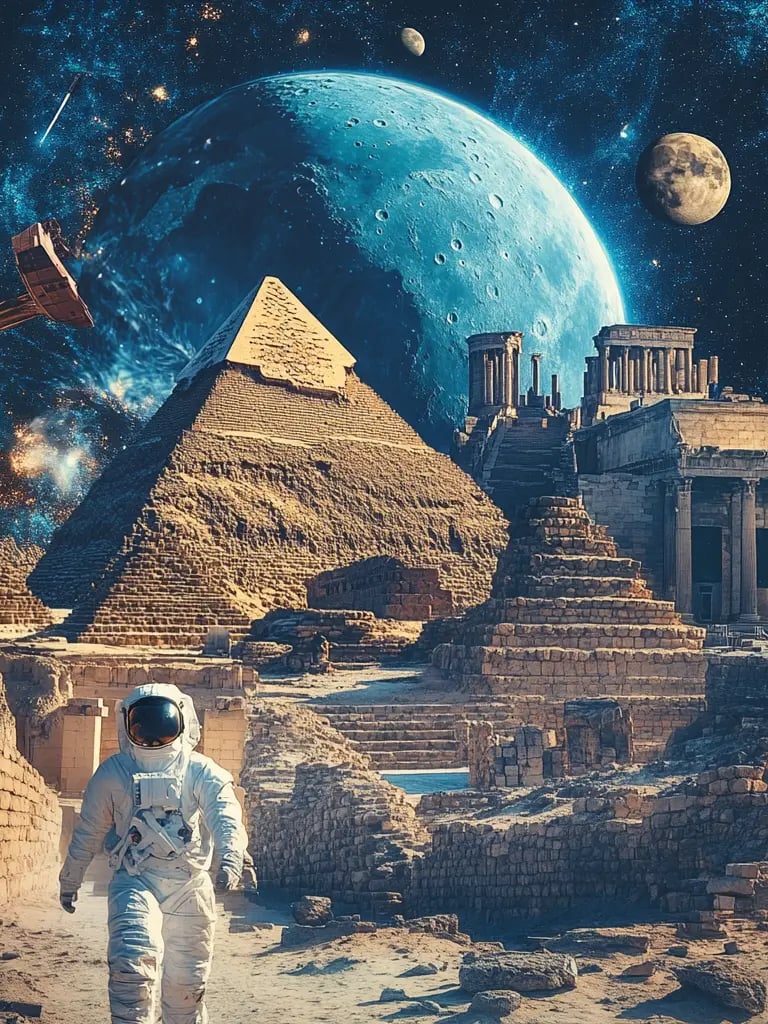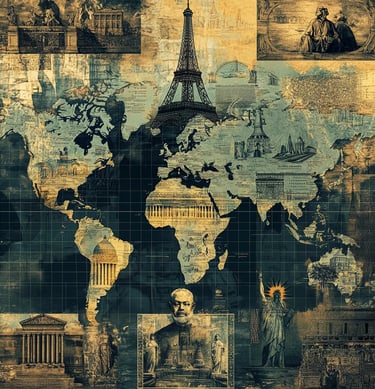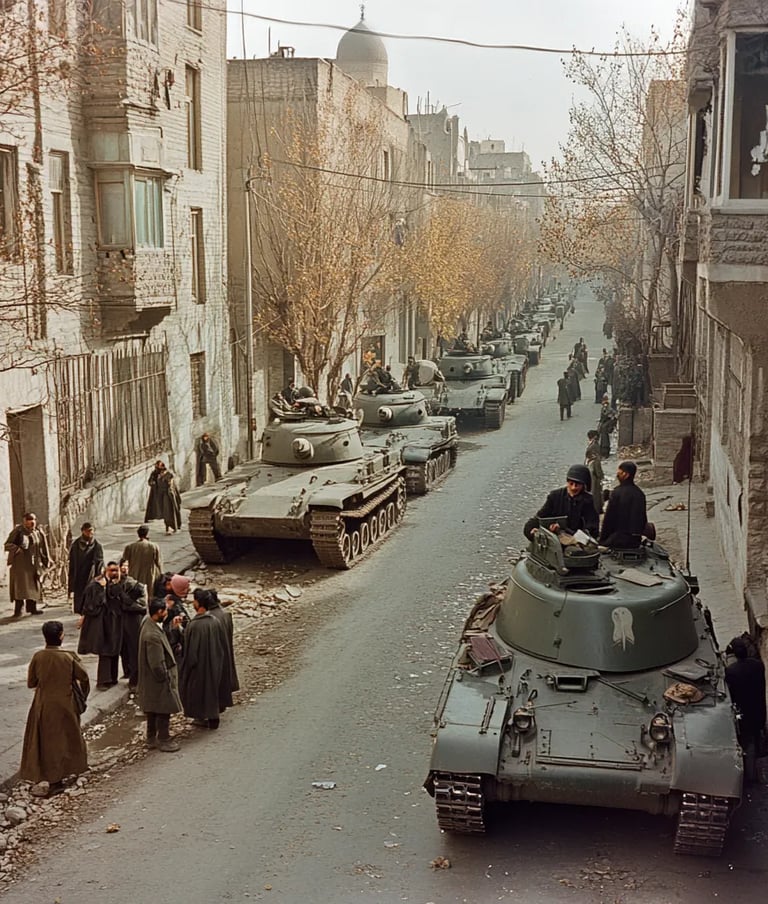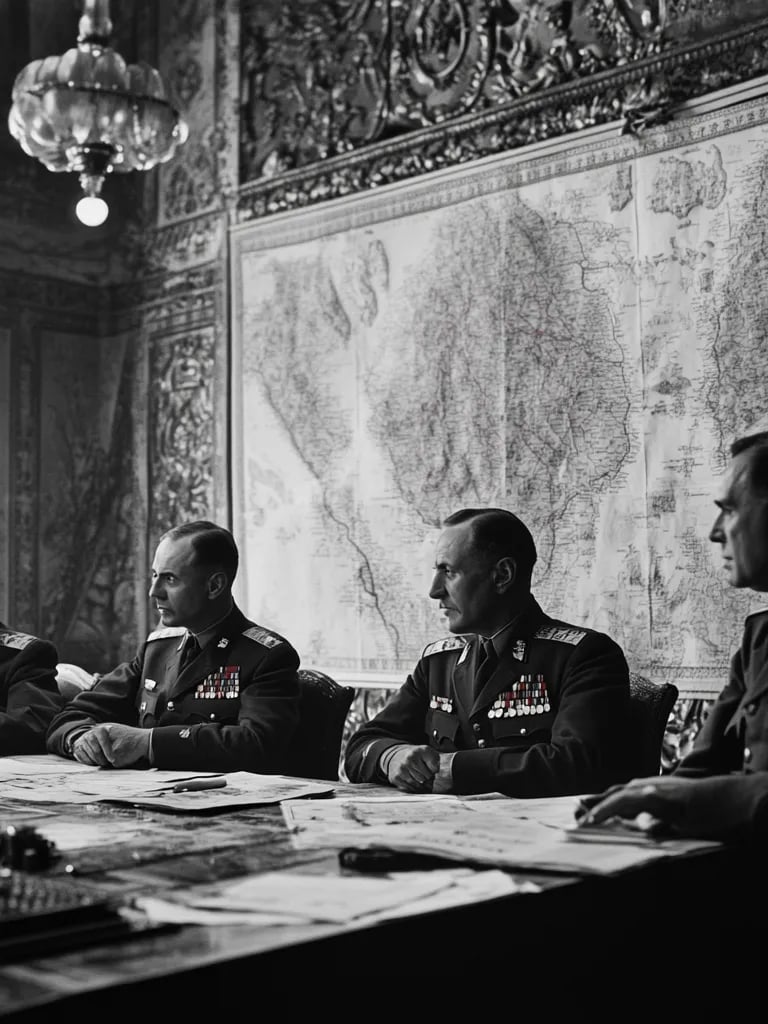The Children's Crusade led by Nicolas, involving many young participants, arrives in Genoa. The group sought to reclaim the Holy Land through peaceful means. However, the crusade failed due to lack of proper organization, many dispersing without reaching Jerusalem. This event reflects the desperation and religious fervor of the medieval era.
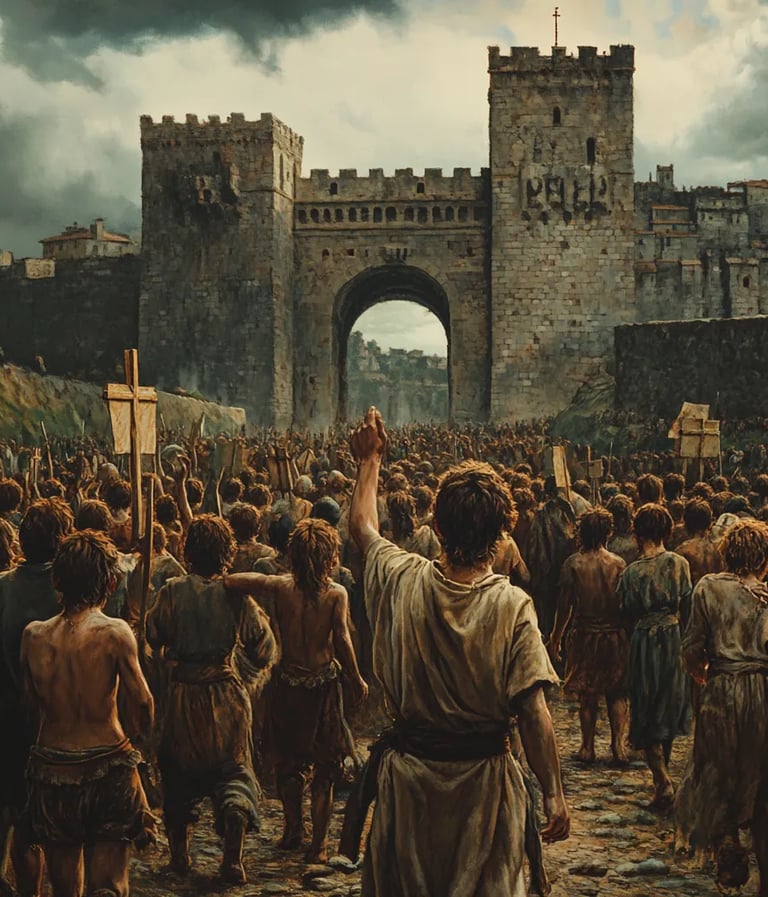

1212 – Children's Crusade Under Nicolas Reaches Genoa
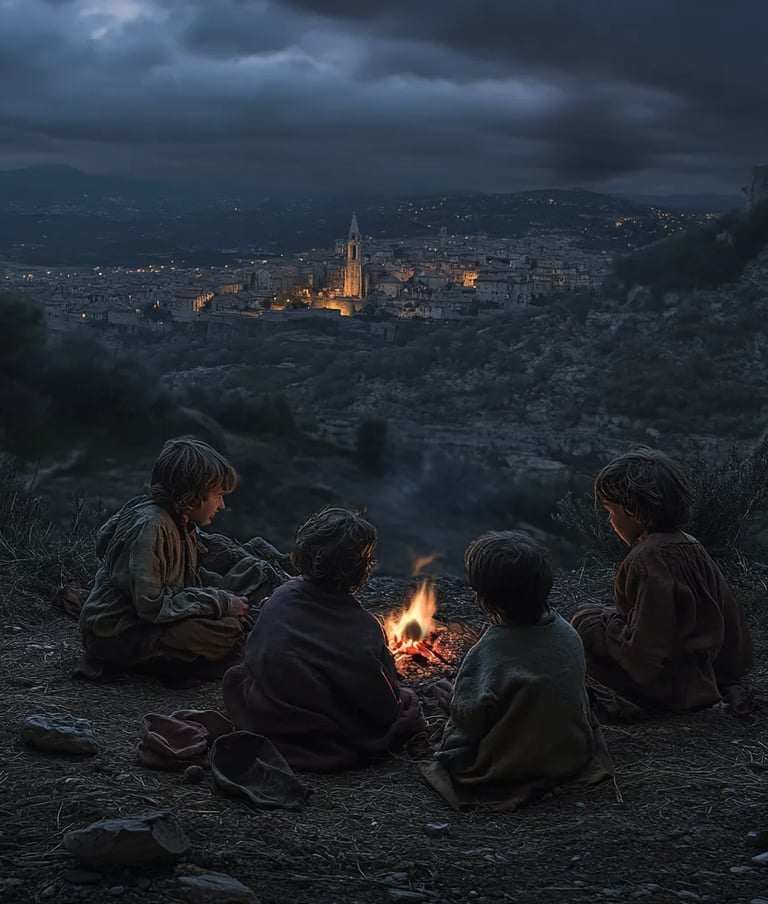

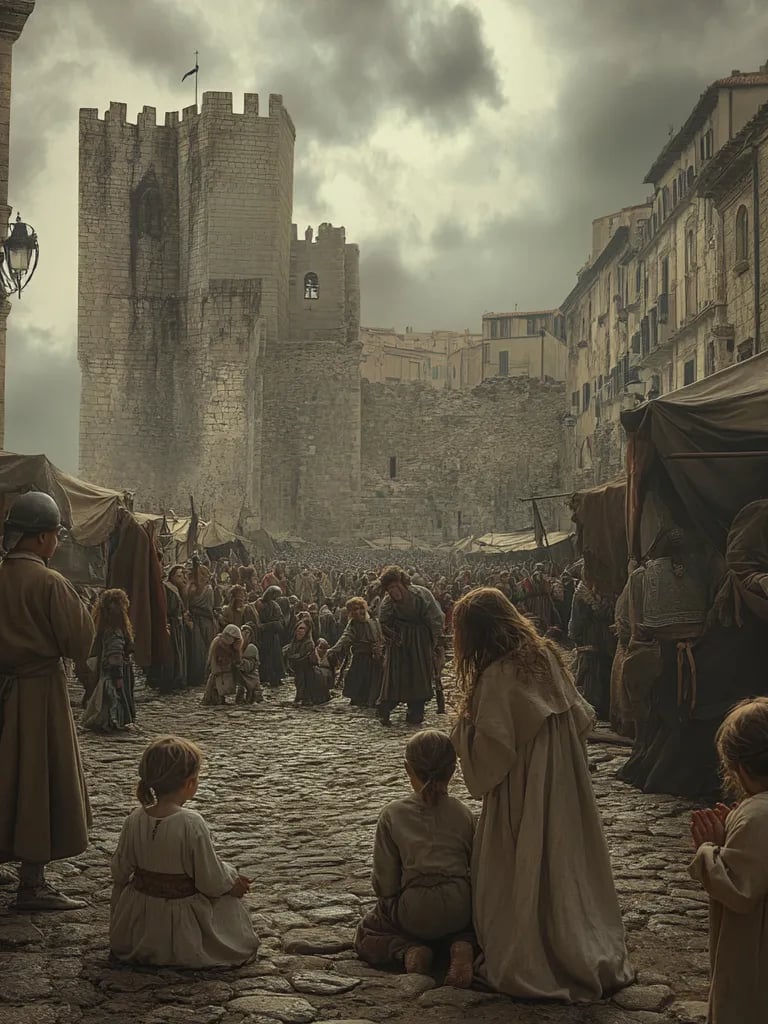

Galileo Galilei presents his first telescope to Venetian officials, including Doge Leonardo Donato. This demonstration marks a pivotal moment in scientific history, showcasing the device’s capability for distant observations, which would soon lead to Galileo's astronomical discoveries, challenging long-held views about the cosmos and advancing the scientific revolution.
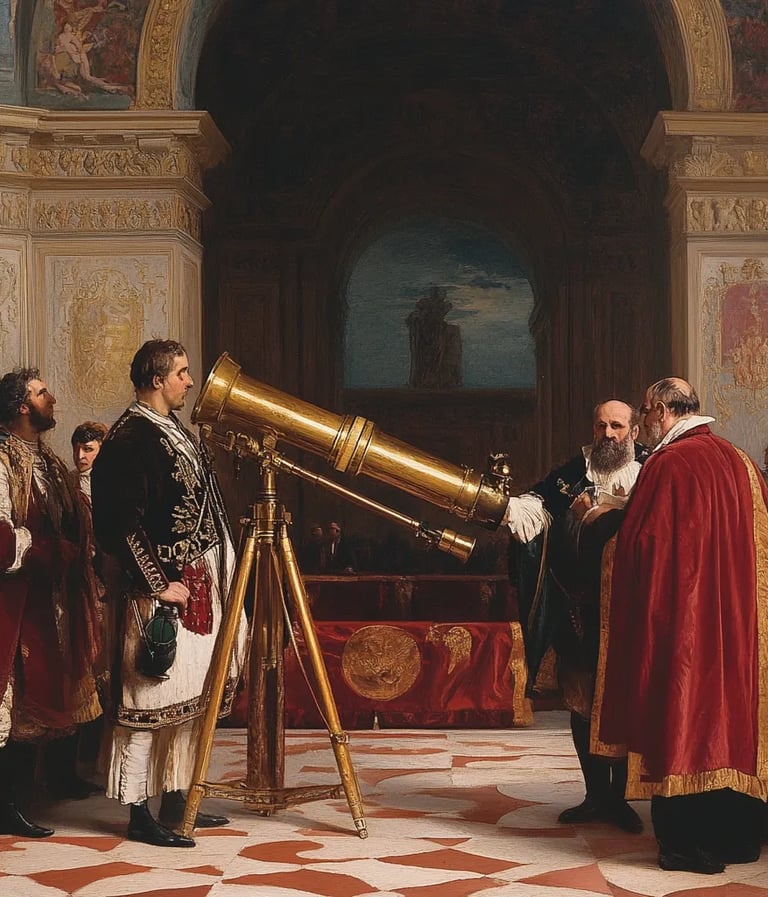

1609 – Galileo Demonstrates His First Telescope to Venetian Lawmakers
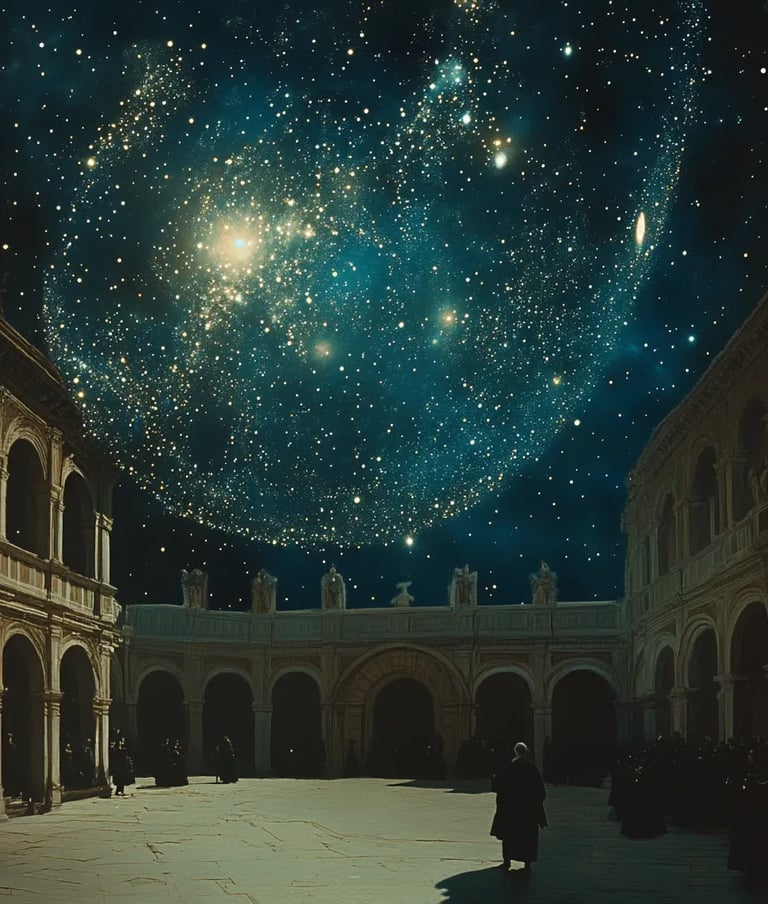

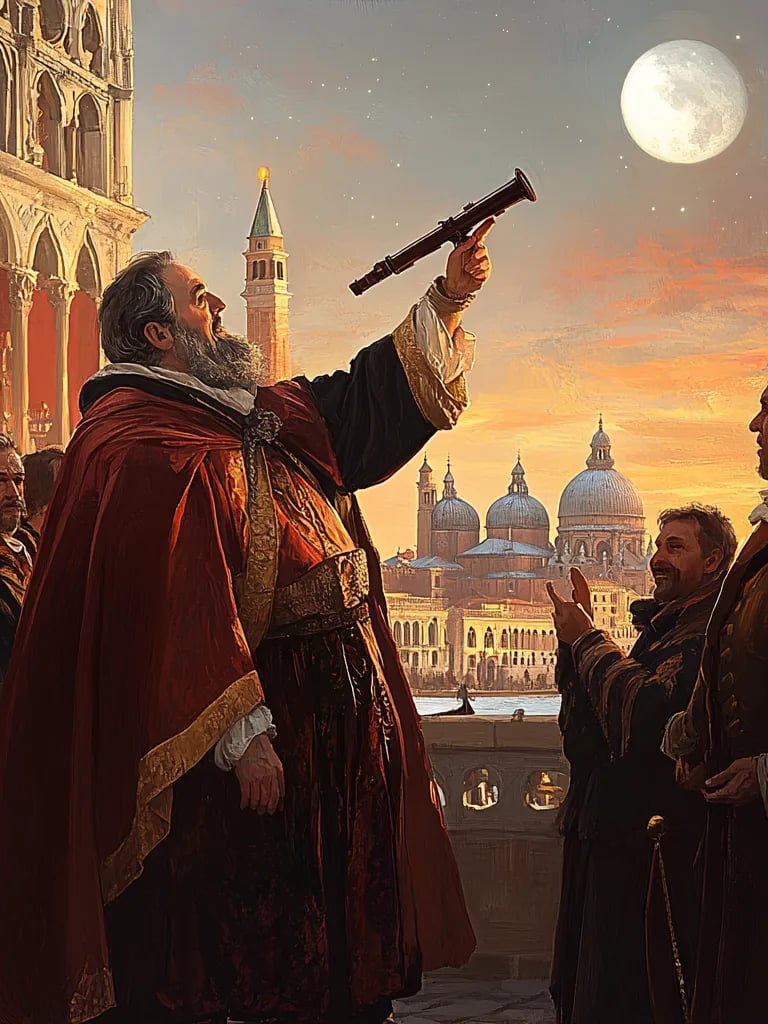

The U.S. Secretary of War grants General Rufus Saxton permission to arm 5,000 enslaved African Americans. This decision marks a critical step in the Civil War, shifting the Union's approach toward utilizing African Americans not just as laborers but as soldiers, contributing significantly to the war effort and future emancipation.
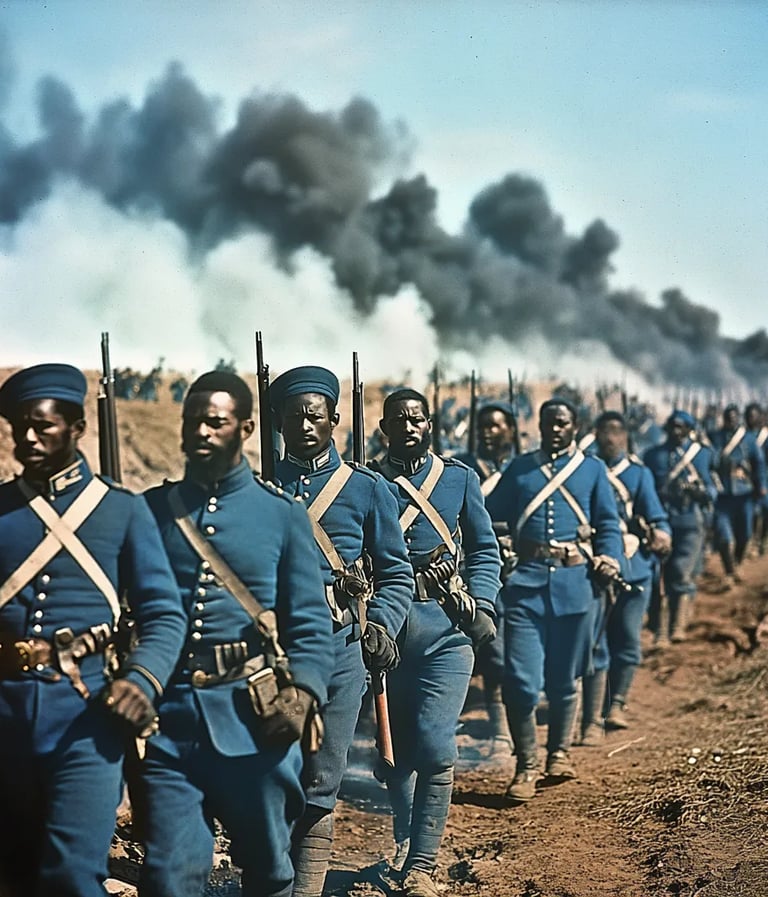

1862 – US Secretary of War Authorizes Gen Rufus Saxton to Arm Slaves
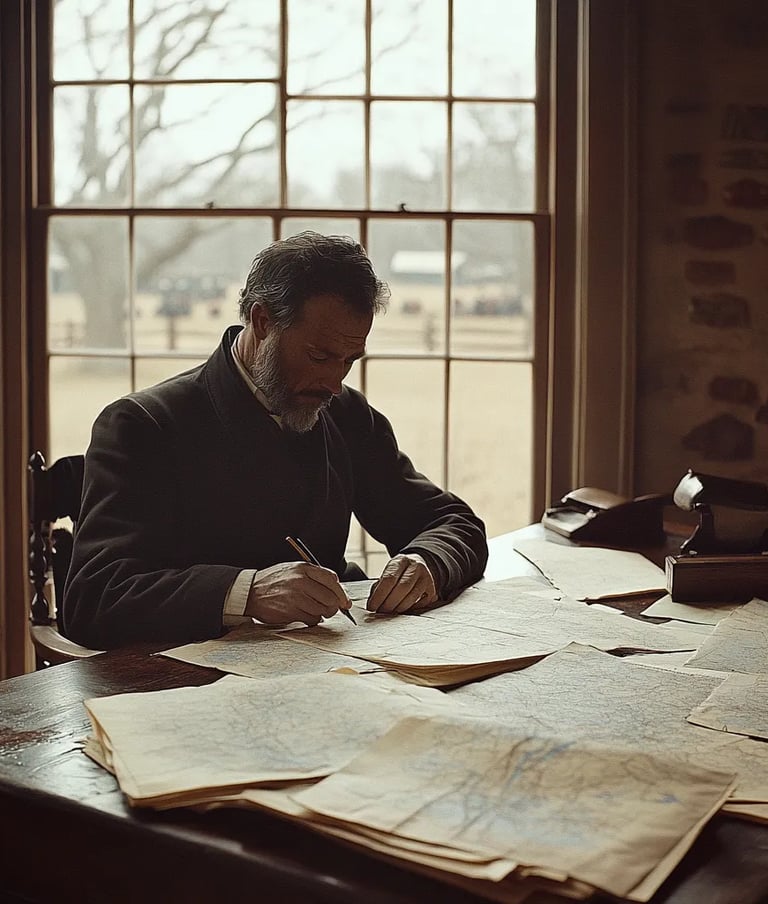

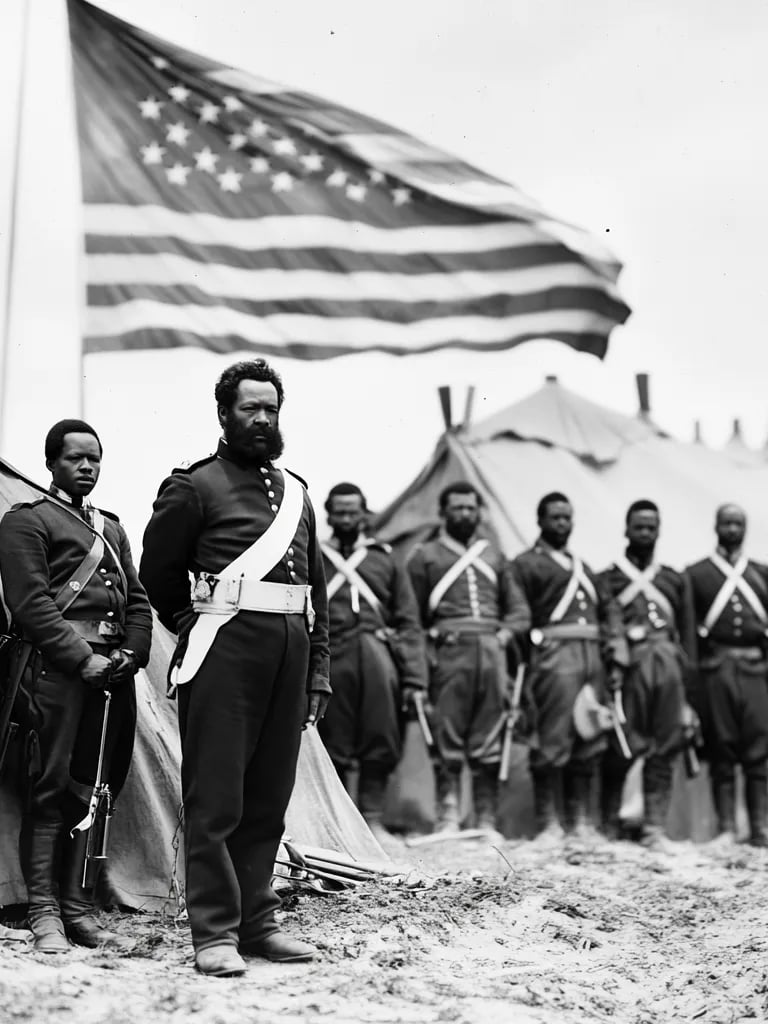

Japanese scientist Shibasaburo Kitasato identifies the infectious agent of the bubonic plague, Yersinia pestis, and publishes his findings in The Lancet. His discovery represents a major breakthrough in understanding and combating the deadly disease, influencing public health measures and bacteriological research worldwide.
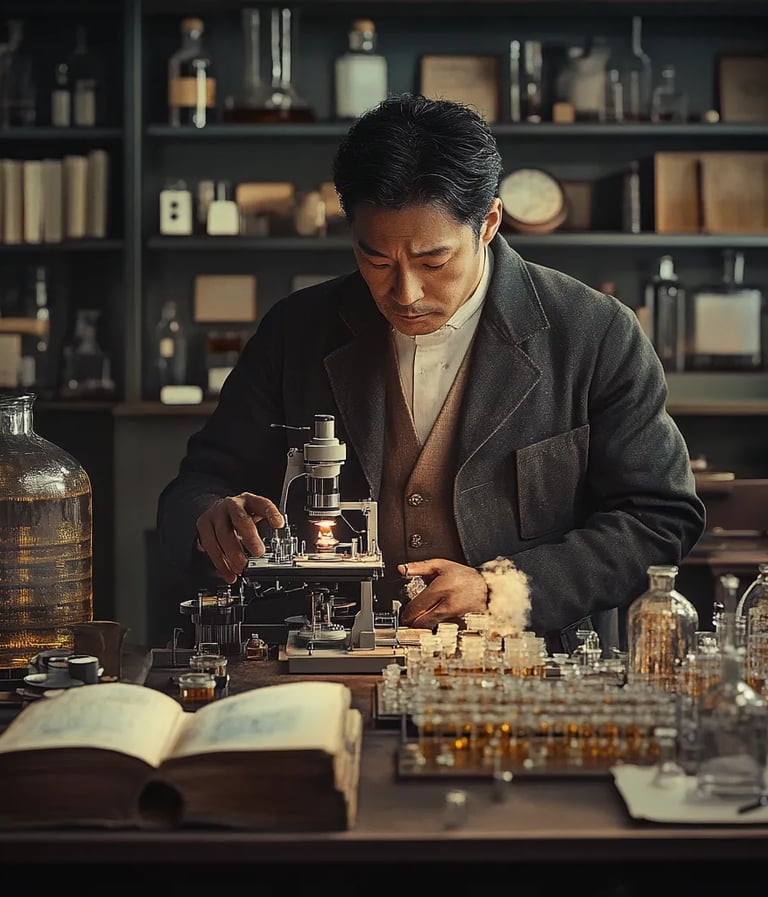

1894 – Shibasaburo Kitasato Discovers Bubonic Plague Agent
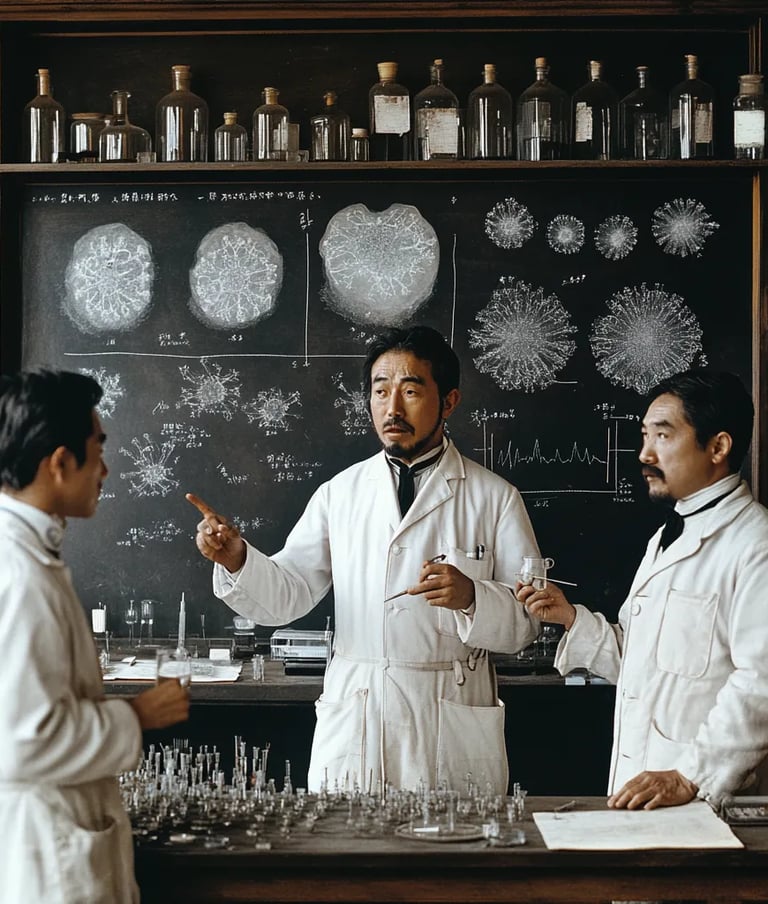

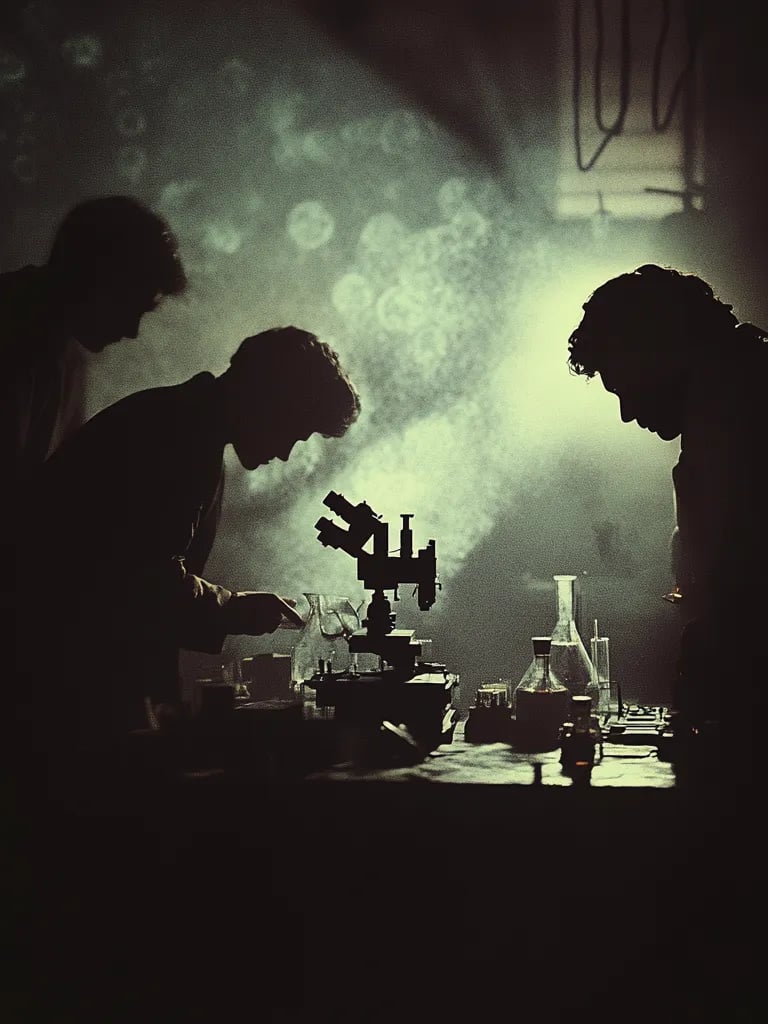

British and Soviet forces launch a coordinated attack on Iran, which had aligned with pro-German sentiments during World War II. The invasion aims to secure oil supplies and ensure the Allied route for war resources. Iran is swiftly occupied, and the pro-German government is replaced with a more neutral stance under Allied influence.
